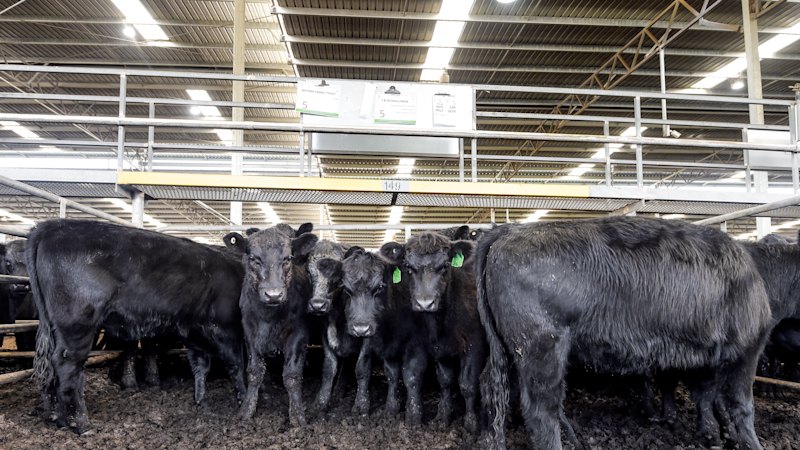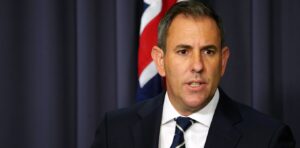
WASHINGTON — In a significant policy shift, U.S. President Donald Trump has exempted beef, including billions of dollars worth of Australian exports, from his expansive tariff program. This decision comes as Trump faces mounting pressure from American consumers who are increasingly concerned about rising living costs.
An executive order issued late Friday in the U.S. (Saturday AEDT) confirmed that beef is among several agricultural products now excluded from tariffs. Other exempted items include coffee, tea, cocoa, bananas, oranges, tomatoes, and additional fertilizers. This exemption means that the 10 percent tariff previously applied to most Australian goods since April will no longer affect beef, one of Australia’s top exports to the U.S., with annual sales exceeding $4 billion.
The White House stated that, given Trump’s successful trade negotiations with various countries, it was deemed “necessary and appropriate” to lift tariffs on specific products. However, the removal of U.S. beef tariffs might not be as beneficial for Australia as it seems. Australia already enjoys relatively low tariffs compared to other beef-exporting countries like Canada and Brazil, where Brazilian beef faced a 50 percent tariff.
Impact on Australian Beef Exports
Australian beef exports to the U.S. have reached unprecedented levels this year. While the U.S. produces its own beef, it does not meet domestic demand, relying heavily on imports of leaner, grain-fed beef from Australia and other countries. The tariff exemption could further bolster Australia’s export figures, though the competitive landscape remains challenging.
This development follows the Trump administration’s recent trade agreements with several South American nations, Switzerland, and Liechtenstein. The U.S. tariff on Swiss goods will be reduced from 39 percent to 15 percent, with Switzerland and Liechtenstein committing to invest at least $US200 billion ($306 billion) in the U.S.
Domestic Political Pressure
These tariff adjustments occur as Trump faces increasing pressure from voters and within the Republican Party to address affordability concerns, a key campaign promise from last year’s election. Despite Trump’s dismissal of tariffs as a cause of price hikes, grocery prices have continued to rise, aligning with a 3 percent inflation rate in 2025.
Trump acknowledged beef prices as a particular issue during a Fox News interview, stating, “The only thing is beef. Beef is a little high [in price] because the ranchers are doing good.” He also mentioned plans to lower tariffs on coffee and other goods, describing the process as “surgical” and “beautiful to watch.”
A pound of ground beef has increased from $US5.67 to $US6.33 over the 12 months to September, marking a 13.5 percent rise, according to the U.S. Bureau of Labor Statistics.
Political Ramifications
Last week’s elections, where Democrats secured gubernatorial victories in Virginia and New Jersey, have intensified concerns that cost-of-living issues could become a significant vulnerability for Republicans. Senior administration officials have admitted that there is a problem. Trump’s trade and manufacturing adviser, Peter Navarro, a staunch advocate of tariffs, told News Nation that an honest public debate is necessary “so that people can have hope about the trajectory that we’re moving in.”
As the U.S. navigates these economic challenges, the exemption of Australian beef from tariffs represents a strategic move by the Trump administration to alleviate domestic price pressures while balancing international trade relationships. The coming months will reveal whether these adjustments can effectively address the growing discontent among American consumers.






